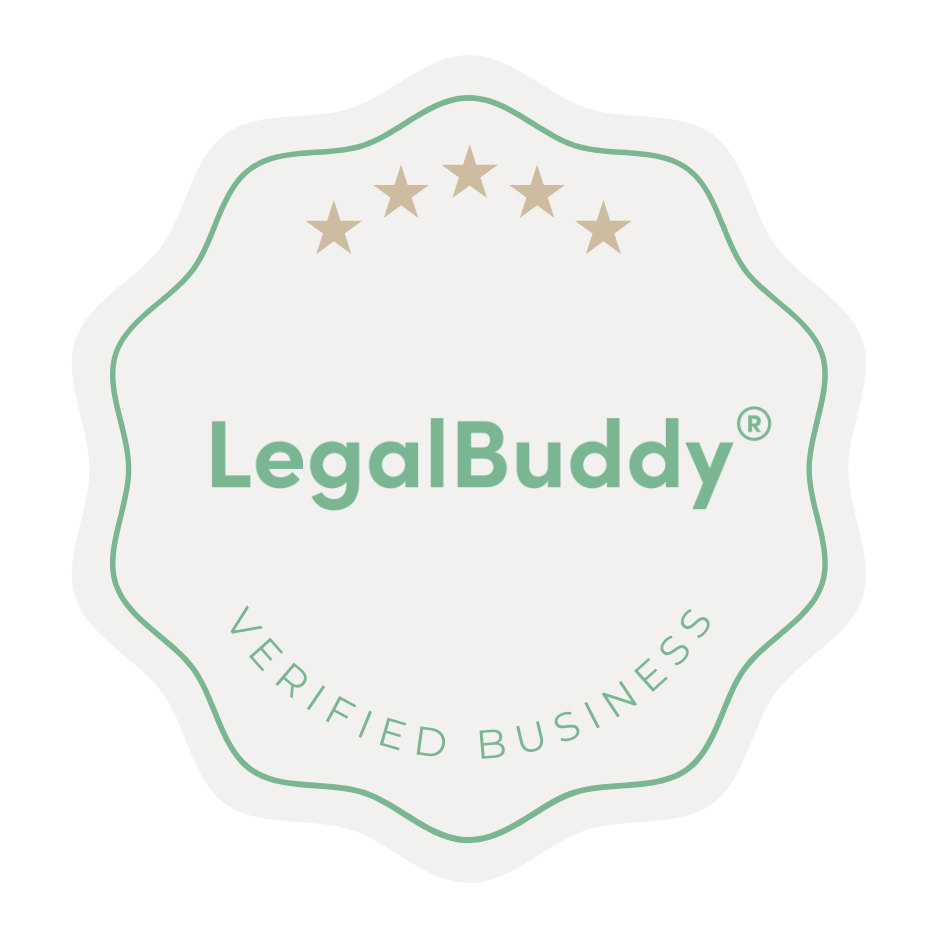Thinking straight
barbara bates • November 1, 2019
Thinking is of course a huge subject, philosophically, psychologically, neurologically, and we could go on for hours about how and what we know about the processes of thought.
But what I'm interested in is helping you to make changes in your life that stick, so I'm going to be focussing on really practical things you can do that will make a difference.
Much of what we think is expressed in the language we speak. You could say that our language and the words we use to describe what goes on around us are a sort of map, that helps us to negotiate the terrain of reality and to find our way around. This is a good thing. Indeed, the human brain is about the most complex and marvellous system in the universe; a permanently switched-on miracle, much more impressive than our wonderful iPads and other gadgets! (And we all have one of our own!) Nevertheless, there are ways in which we use language, and ways that we think, that are not so helpful to us, and this is what I'm talking about.
What we think affects the way we behave. For example, if we think (for whatever reason) that the world is a nice friendly place, we are likely to behave in a sociable and friendly manner ourselves. You can easily see the other side of this. If we think (for whatever reason) that everyone is out to get us if we don't get them first, and that life is always hard, then we are likely to be at least a bit anxious, risk averse and not very jolly. Notice that I am making no comment at all about whether life really is as either of these two opposite scenarios might suggest; my focus is on what you or I actually do think.
So, if our thoughts affect our behaviour, it's reasonable to expect that when we change our thoughts our behaviour will alter. This is the basic premise of the cognitive-behavioural approach. NLP (neuro-linguistic programming) also has a great deal to say about this subject and this is the angle I shall be coming from here.
In NLP, it is suggested that there are three main categories of thinking errors that we can fall into. They are
- Distortion
- Deletion
- Generalisation
We have to do this to a certain extent because we have so much perceptual input coming at us from our environment every second. For example, do you remember every inch of the last drive you did, or did you get to your destination with very little memory of how you got there? I know that happens to me frequently!
So far, so good - but sometimes we get into problems when we aren't aware of how we are thinking.
For now, we're going to look at just one or two thinking patterns based on distortions. The first one is Mind Reading. This is where we claim to know what someone else is thinking. A simple example is where we say, 'So and So doesn't like me.' Or, 'my boss thinks I'm inadequate'. I'm tempted to add the infamous 'my wife doesn't understand me', but this leads us down too many other paths for the moment! Anyway, back to our distortions. The statements might be true but the point is that we just don't know, and if we're wrong, and if we behave as if the statements are true, and they're not, then we can get into quite a tangle.
So - watch out for times when you say this to yourself. Ask yourself, How do I know this is the case? What is the evidence for it? Are there any other explanations that might fit what I have perceived?
You could keep a notebook for these reflections.
Just one more for now, which goes by the rather technical name of Lost Performative. This is where we make a value judgment, without stating who actually made the judgment, as it were plucking it out of the ether. So we might say, 'It's important to work hard', 'it's wrong to lie', 'it's bad to avoid paying your taxes'. The question to ask here is, who says? And do I believe them? Are there some circumstances where I might disagree with these statements? Is this value right for me?
Can you think of any values you hold that are like this, where perhaps you are not sure where they have come from? Time to get that notebook out again!




